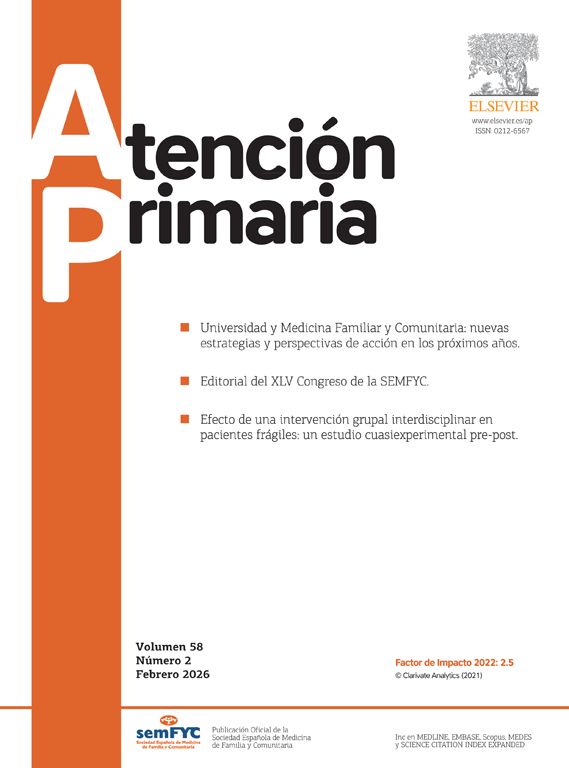Atopic dermatitis (AD) is a chronic, inflammatory skin condition affecting physical, psychological, and financial well-being of patients worldwide.1,2 Impacts vary across countries and even within Spain.1,3 In the current study, we further characterize the experiences of Spanish AD patients (and caregivers of pediatric patients) in terms of impact on quality of life, financial burden, and treatment experiences.
Adult AD patients and caregivers of pediatric AD patients in Spain, were recruited for an anonymous electronic survey distributed by Global Parents for Eczema Research and “Asociación de Afectados por la Dermatitis Atópica.” The research was approved by the Advarra Institutional Review Board (Pro00055632). The survey included 53 items designed to measure disease severity (clear, mild, moderate, or severe), long-term control of symptoms (using the rescaled validated Atopic Dermatitis Control Tool (ADCT)2,4), health-related quality of life (measured using the EQ-5D-5L),5 financial burden, and presence or absence of shared decision-making and patient education. Age and gender of respondent (and patient if respondent was a caregiver) were also collected. Analysis was conducted using R version 4.2 (R Core Team, Vienna, Austria).
Survey respondents (n=304) were primarily adult patients (n=252) ranging in age from 18 to 90 years old. Pediatric patients ranged from 3 to 25 years old. Adult patients and caregiver respondents skewed female (70% and 75% respectively), while pediatric patients skewed slightly male (56%). Adults reported AD severity of 35.3% mild, 51% moderate, 11.6% severe, and 2% clear. Caregivers reported children with mild (19.2%), moderate (55.8%), and severe (25%) AD. Reported long-term control of symptoms was overall below “adequate” (adult mean 59.6; caregivers 64.1), and averaged poor for moderate to severe AD. Long-term control of symptoms was negatively correlated with disease severity (r=−0.47, p<0.001) and positively correlated with treatment satisfaction (r=0.56, p<0.001).
The mean EQ-5D VAS score for adult patients in Spain was 66.56 (sd 20.63). Utility scores averaged 0.74 (sd 0.2) and were negatively correlated with disease severity (r=−0.24, p<0.001). Analysis of the dimensions of the EQ-5D indicates that anxiety/depression and pain/discomfort had the highest negative impact, and mobility had the least impact. Financial worries and impact were also reported. Most commonly reported financial impacts included spending less money on non-essential items (36%) or using savings (23%), with a smaller number reporting having to borrow money (2%) or spend less money on essentials such as food (11%).
Only 30% of adult patients and 23.5% of caregivers were offered training on their condition or its management. The proportions of those who were offered training outside the office visit (12.4% adults; 7.8% caregivers) and those who were offered a comprehensive training of 6h or more (7.7% adults; 3.9% caregivers) were even smaller. However, close to half of patients and caregivers reported providers asking about their priorities (45.3% adults; 47.1% caregivers) and incorporating priorities into treatment plans (44.4% adult; 49% caregivers). Discussion and incorporation of priorities were associated with increased treatment satisfaction (Fig. 1).
Our results highlight the depth and scope of the disease burden endured by AD patients and underscore the need for services and supports to address it. Spain exhibits the lack of a national treatment guideline for AD, along with high variability in care,3 highlighting the need for effective patient and provider education and shared decision-making.1,2 The relatively high level of shared decision-making practices found in this study is an advantage for Spain6 and was associated with better patient-reported outcomes. Treatment of AD could be more effectively managed and standardized with the implementation of a national treatment guideline for moderate to severe AD and further increases in patient education and shared decision-making.
Ethical considerationsThe study was approved by Advarra Institutional Review Board (Pro00055632), and all participants signed the informed consent.
Informed consent for experimentation with human subjects was obtained from Advarra Institutional Review Board, and all ethical procedures were performed in accordance with the World Medical Association Code of Ethics (Declaration of Helsinki). The privacy rights of human subjects were respected.
FundingFunding was received from LEO Pharma and Sanofi and Regeneron.
This research was supported by sponsorship from LEO Pharma and Sanofi and Regeneron. Sponsors had no involvement in the design of the study, collection, analysis and interpretation of data, writing the manuscript and submission of the article for publication.
Conflict of interestsKorey Capozza and Michelle Tu are employees of Global Parents for Eczema Research, which has received funding in the past from AbbVie, Amgen, Eli Lilly, Incyte, Galderma, Sanofi Regeneron, and LEO Pharma. Korey has served on an Advisory Board for Incyte, Amgen, LEO Pharma. Alan Schwartz has received consultant fees from Global Parents for Eczema Research. África Luca de Tena Smith is employed by organizations that received a subaward from Global Parents for Eczema Research for involvement in the Global Patient Initiative to Improve Eczema Care, which is funded, in part, by LEO Pharma. LEO Pharma had no involvement in the conceptualization or writing of this article.
The authors thank the members of the Global Patient Initiative to Improve Eczema Care for their contributions, and Melody McConnell for assistance preparing the manuscript.









